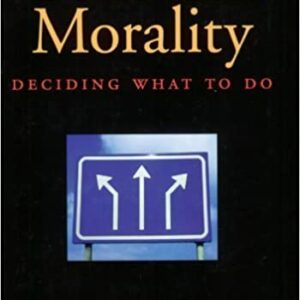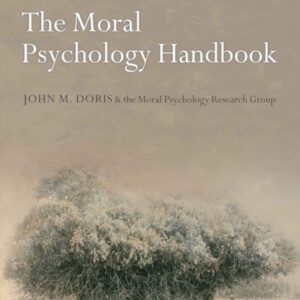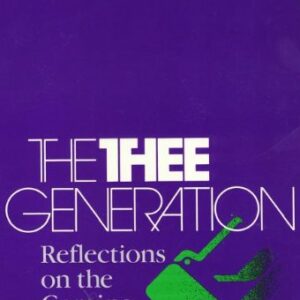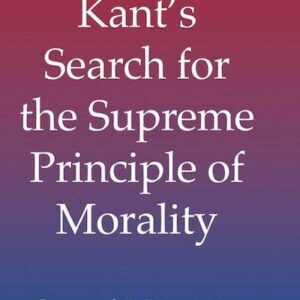
Common Morality: Deciding What to Do
By Bernard Gert (NHC Fellow, 2001–02) Moral problems do not always come in the form of great social controversies. More often, the moral decisions we make are made quietly, constantly, and within the context of everyday activities and quotidian dilemmas. Indeed, these smaller decisions are based on a moral foundation that few of us ever … Continued








